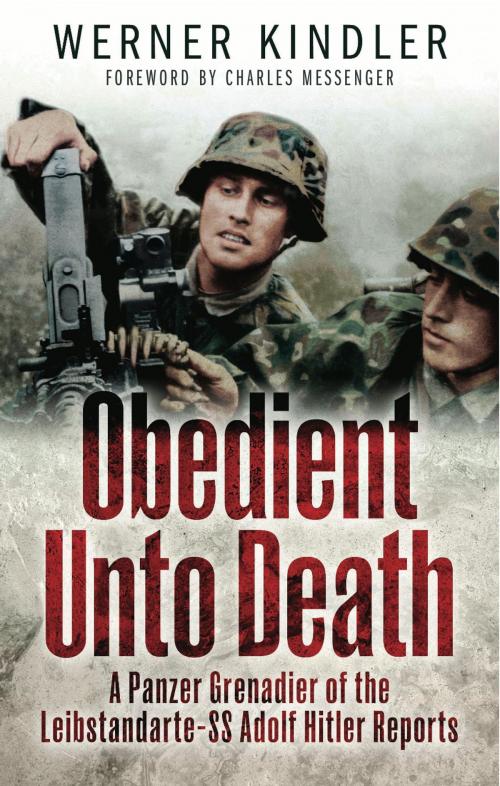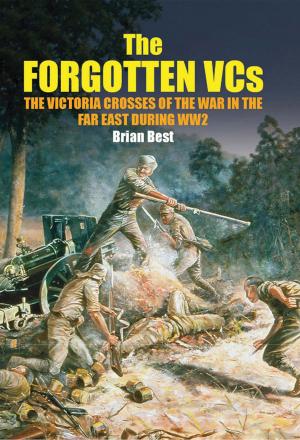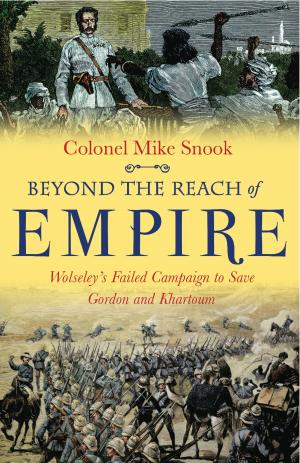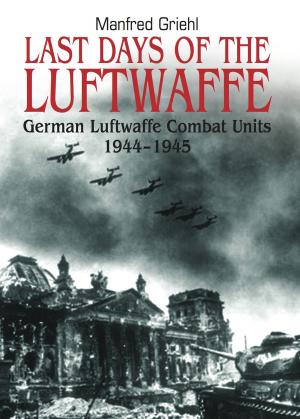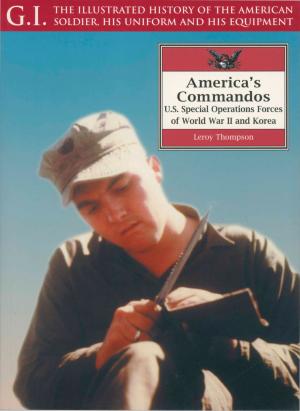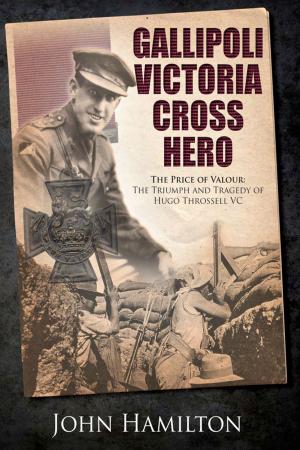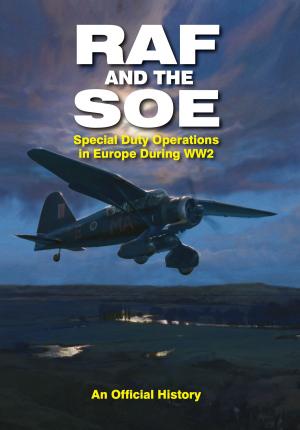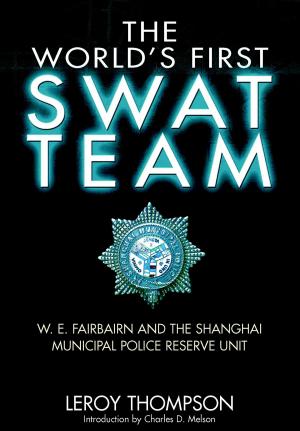Obedient Unto Death
A Panzer-Grenadier of the Leibstandarte- SS Adolf Hitler Reports
Nonfiction, History, Military, World War II| Author: | Werner Kindler | ISBN: | 9781473834910 |
| Publisher: | Frontline Books | Publication: | March 6, 2014 |
| Imprint: | Frontline Books | Language: | English |
| Author: | Werner Kindler |
| ISBN: | 9781473834910 |
| Publisher: | Frontline Books |
| Publication: | March 6, 2014 |
| Imprint: | Frontline Books |
| Language: | English |
Between 1941 and 1944 Waffen-SS Oberscharführer (Sergeant) Werner Kindler took part in 84 days of close combat, qualifying him for the Close Combat Clasp in Gold, the Third Reich's highest decoration for a frontline soldier. He was also awarded the German Cross in Gold, the Iron Cross First and Second Class and the Wound Badge in Gold. Drafted into the SS-Totenkopf in 1939, he served with a motorised unit in Poland, and in May 1941 was selected for the Leibstandarte-SS Adolf Hitler, with which he fought in the invasion of the Soviet Union. His unit converted to a Panzer Grenadier formation in 1942, and Kindler went on to fight at Kharkov and Kursk on the Eastern Front, and later in Belgium and France in 1944. At the end of the war, he was the last man of the Leibstandarte-SS to surrender to the Americans. This is one of the most dramatic first-hand accounts to come out of the Second World War.
Between 1941 and 1944 Waffen-SS Oberscharführer (Sergeant) Werner Kindler took part in 84 days of close combat, qualifying him for the Close Combat Clasp in Gold, the Third Reich's highest decoration for a frontline soldier. He was also awarded the German Cross in Gold, the Iron Cross First and Second Class and the Wound Badge in Gold. Drafted into the SS-Totenkopf in 1939, he served with a motorised unit in Poland, and in May 1941 was selected for the Leibstandarte-SS Adolf Hitler, with which he fought in the invasion of the Soviet Union. His unit converted to a Panzer Grenadier formation in 1942, and Kindler went on to fight at Kharkov and Kursk on the Eastern Front, and later in Belgium and France in 1944. At the end of the war, he was the last man of the Leibstandarte-SS to surrender to the Americans. This is one of the most dramatic first-hand accounts to come out of the Second World War.
